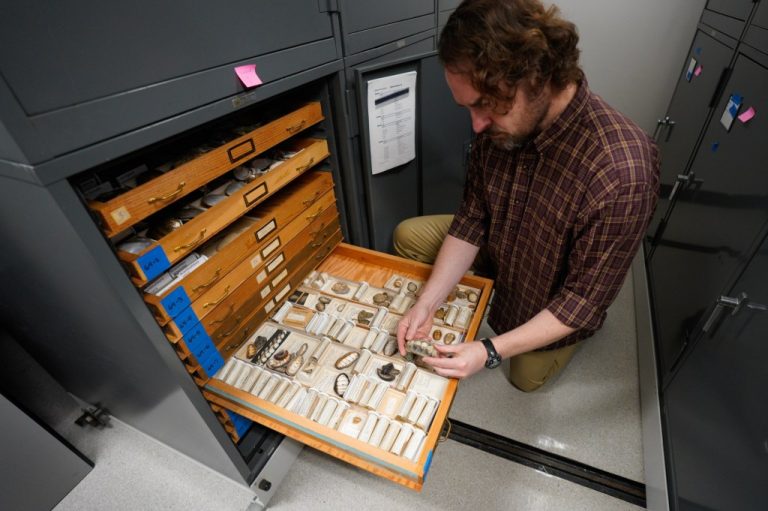
People on PIP who are planning a trip abroad this summer may need to tell the DWP to continue to receive their payments.
A claimant has to report to the DWP if they are leaving the country or planning to do so for a period of more than four weeks.
This includes if a person is going abroad simply for a holiday as this may affect a person’s entitlement.
The 2023/24 edition of the PIP Handbook on the gov.uk website states: “This change may affect the claimant’s entitlement to PIP.
“We will need to know the date the claimant is leaving the country, how long they are planning to be out of the country, which country they are going to and why they are going abroad.”
READ MORE: New calculator can help you determine if you can retire before you reach state pension age
If a person is planning a trip abroad, they can inform the DWP by calling 0800 121 4433 to report the change of circumstances. The phone line is open from 9am to 5pm, Monday to Friday.
PIP supports people who have a long-term illness or health condition that affects their ability to perform daily tasks or to move around.
To qualify, a person needs to expect the condition to affect them for up to a year from when it started to cause them difficulties.
Payments are not means-tested, meaning they do not vary depending on a person’s earnings or savings.
The payment includes two parts, a daily living element and a mobility element, with a lower and higher amount for each part, depending on the level of support a person needs.
An applicant may need to have an assessment to determine how their condition affects them and which level of support they need.
These are the current PIP payment rates:
Daily living component
- Lower – £68.10
- Higher – £101.75.
Mobility component
- Lower – £26.90
- Higher – 71.
This means a claimant on the highest rate for both the daily living and mobility parts will receive £691 a month.
To qualify, a person will usually need to have lived in England, Scotland or Wales for at least two of the last three years. They will also need to be living in one of these countries when they apply.
There are more than 500 conditions that could qualify a person to receive PIP. Below are some of the main qualifying conditions, with the number of claimants:
- Haematological Disease – 7,577
- Infectious disease – 10,962
- Malignant disease – 100,863
- Metabolic disease – 4,782
- Psychiatric disorders – 1,206,838
- Neurological disease – 411,887
- Visual disease – 57,180
- Hearing disorders – 34,399
- Cardiovascular disease – 83,568
- Gastrointestinal disease – 29,036
- Diseases of the liver, gallbladder, biliary tract -11,770
- Skin disease – 21,375
- Musculoskeletal disease (general) – 649,780
- Musculoskeletal disease (regional) – 387,128
- Autoimmune disease (connective tissue disorders) – 17,997
- Genitourinary disease – 24,777
- Endocrine disease – 43,288
- Respiratory disease – 136,757
- Multisystem and extremes of age – 1,235
- Diseases of the immune system – 1,081
- Unknown or missing – 10,547.
People on PIP are also to receive a £150 cost of living payment later this month, which is going out to people on certain disability benefits.
The payments will go out automatically to eligible people during a two week period from June 20 to July 4.
A person can begin a claim for PIP by calling the PIP new claims phone line on 0800 917 2222.
People can also start a claim by post but this will take longer to process. This involves sending a letter to the department who will send a form asking for personal details.
Once the form has been filled in and returned, the applicant will be sent another form asking about their disability and condition.
PIP has been replaced in Scotland by the Adult Disability Payment. This is administered by Social Security Scotland.
For the latest personal finance news, follow us on Twitter at @ExpressMoney_.






